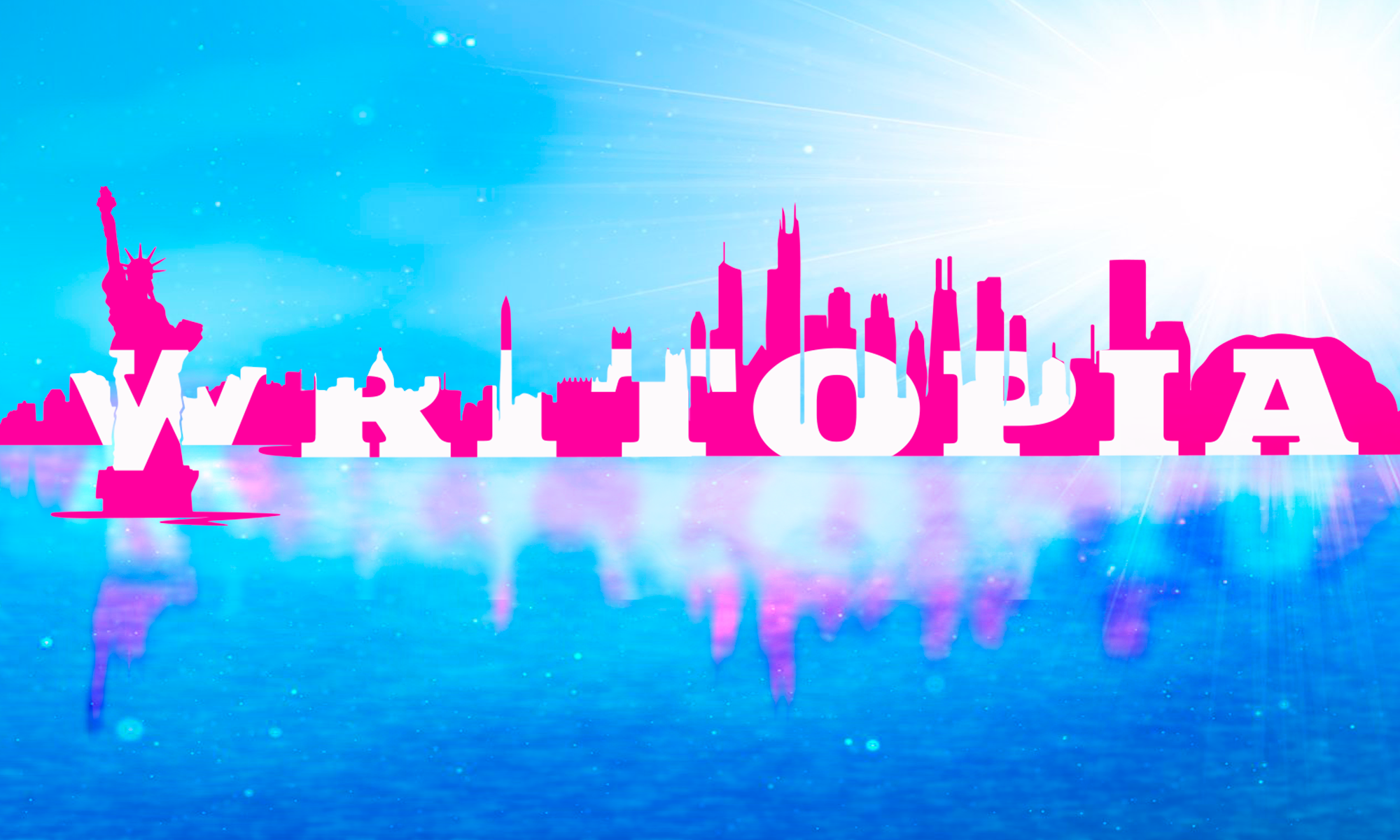In the era of Trump’s disdain for the humanities and Secretary of Education Betsy Devos’s unnerving tenure, educators are forced to defend the efficacy of the humanities, while finding new spaces and educational models for the humanities to thrive. Literacy education in America has been compartmentalized into two categories: uniform writing composition instruction or the untethered and elite world of the creative writing workshop. But can creative writing, the workshop as space and pedagogy be integrated into writing composition classrooms en masse? The mythical dichotomies between composition and creative writing are not serving either teachers nor students or the future of literacy in America. The respective pedagogical approaches to teaching each genre and form must be re-examined.
In 2007, an energetic and brazen new teacher entered my 7th grade ELA classroom on the Upper West Side. The agenda was grammar and composition, subject matters that were closely intertwined with my shame for my mother’s accented English and my self-consciousness of possessing a second rate tongue. Despite receiving extra reading and vocabulary lessons provided to me by the privilege of attending a private school in Manhattan — Grammar and composition were familiar foes. And this ELA teacher was no different, as I proceeded to disrupt the whole composition class with audible yawns and comments interspersed between the rigidity of the rules of a language that I was trying on. However, this teacher was not having it. As a first generation immigrant from the Soviet Union with a lucky scholarship and a blunt attitude, this teacher saw a story waiting to be told and written not just a pupil or tongue waiting to be put into submission. Rebecca Wallace-Segall pulled me aside and encouraged me to write a memoir based on my family’s immigration journey. A year later I had won recognition for my writing from the Scholastic Art and Writing Awards and found a sense of self and empowerment through language. As for Rebecca, she had left the classroom to embark on a journey based on a wild notion: to offer literacy through creative writing and the creative writing workshop to kids all across America.
Twelve years later: I am a Master of Interdisciplinary Humanities from New York University and a Memoir/Essay Writing Instructor at Writopia Lab, the national nonprofit that emerged as a result of Rebecca’s work. As an innovative interlocutor between the rigidity of the classroom and the romanticized space of the creative writing workshop, I have been striving to complicate and innovate. The efficacy of the humanities and the efficacy of the imaginative are inextricably linked to self. American education has long neglected the efficacy of personal voice. Teachers no longer need to be purveyors, removed from the very craft they seek to instruct; when we, teachers, connect with ourselves as writers and to our students as fellow writers, then ELA transforms into a space to find one’s voice–and truly grow as a writer.
Composition and writing instruction must be invigorated with the essence of good literature: the imaginative and the self. The role of the writer has been displaced both from composition and instruction. Students are not considered writers and therefore, are not allowed the creative freedom to craft texts and choose content that is personal to them but are rather, instructed to craft automaton and formulaic compositions. At best this process forces students to regard writing as boring, at worst it instills a lifelong fear. Language, the most elemental tool of human communication, is absolutely fundamental for navigating the world as both a functioning citizen and human being. For if we do not know how to say who we are, do we know who we are indeed?
Instead of focusing on the distinctions between creative writing and essay writing, perhaps it is time to take a look at the intrinsic connections between good writing – from an eloquent, argument driven essay to the riveting arc of a short story. The perception that creative writing and composition are dichotomous perpetuates the dangerous idea that the creative writing workshop is niche and elitist while the composition classroom is standardized and homogenous. Not only are the humanities vital to every child’s personhood but creative writing is a foundational necessity towards literacy.
Milana Meytes received her Masters from New York University in Humanities and Social Thought from the Draper Program at NYU’s Graduate School of Arts and Sciences. She concentrated on Memory and Diaspora Studies, focusing on emigre writers and Eastern European literature. Her OpEd has been published in NYU’s Journal of Political Inquiry (2017) and poetry and fiction in NYU’s Anamesa/Caustic Frolic: Graduate Literary Magazine (2015, 2016, 2017). Milana was a fiction and poetry editor of NYU’s graduate literary magazine and the recipient of the Graduate Research Initiative Grant to research Russian emigre writers and literature in Prague. Milana received a BA in English from Wheaton College, MA. At Wheaton she founded Wheaton Words, an autobiographical storytelling production that has been a staple and annual event at the college ever since. Her poetry was published in Wheaton College’s Literary Journal: Rushlight (2013, 2014 and 2015). She has taught creative writing workshops at New York’s Friends of the Children Foundation. She has been affiliated with Writopia Lab ever since she wrote her first memoir in 2006 under the guidance of Writopia’s Executive Director, Rebecca Wallace-Segall, the year before Rebecca founded Writopia Lab. Writopia was pivotal in her journey as a writer and advocate for the power of storytelling.


